About Banyan Palm Springs
Banyan Palm Spring’s expert clinicians and highly trained support staff are committed to maximizing your comfort while offering best in class care.
Not only does Banyan Palm Springs offer the latest in evidence based care but they also provide continuous monitoring and evaluation. They tailor treatment plans to clients’ evolving needs for optimal results.
They also recognize the tremendous power of family and community in the recovery journey. Their care providers and support staff work with clients, families, and community stakeholders to foster strong, healthy support networks that support true and lasting healing. The result is not just sobriety but the cultivation of a sober lifestyle that is fulfilling, productive, and positive. After treatment you aren’t just living your life without drugs and alcohol. You’re living a new life that gives you everything you need without them.
Using treatments like individual and group therapy and medications for addiction as well as mental health care they can help you get back on your feet in every way.
All of your treatment here is enhanced by the luxury environment too. You’ll be in the peaceful foothills in Southern California on a sprawling property that feels like a resort. They have premium amenities like a jacuzzi and a pool as well as meals prepared by a chef. There’s plenty of recreation throughout the grounds and there’s security around the clock too.
One of the greatest benefits of this rehab is the wide variety of therapies they can offer for your recovery because they know that different strategies work better for different people. For example they have all the evidence based and traditional treatments like cognitive behavioral therapy and dialectical behavior therapy and motivational interviewing. But they also have some advanced therapies like TMS and they have holistic treatments like equine therapy and art therapy and even pet therapy.
Clients here have excellent things to say about their experiences. They say the staff is welcoming and kind from the first time they reach out and that this is a well operated program that knows how to guide you in recovery. Many clients credit this rehab with saving their lives and giving them back lives that are healthy and fulfilling.
Latest Reviews
See All—The Banyan Treatment Centers Team
Rehab Score
Gallery
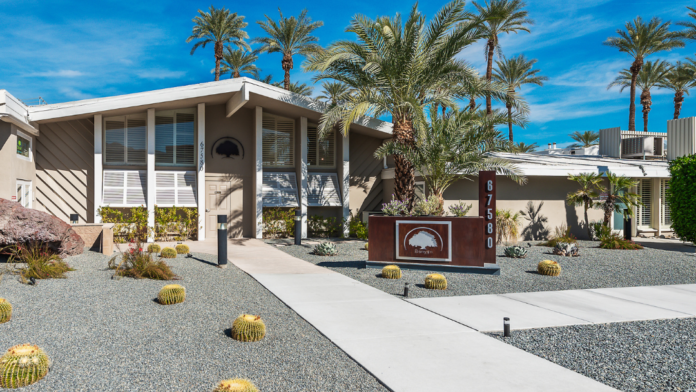
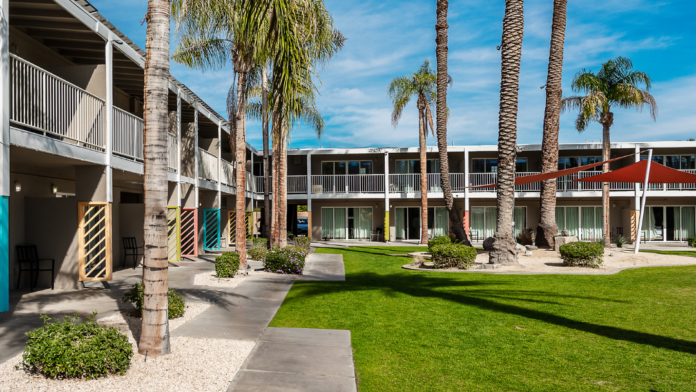
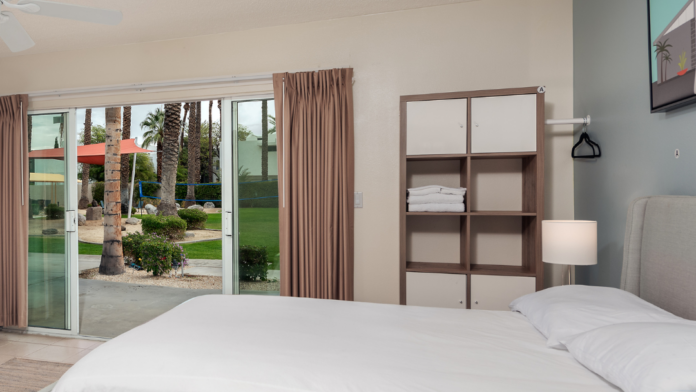
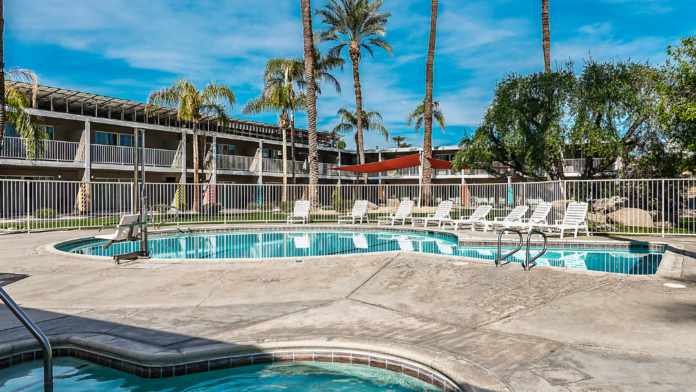
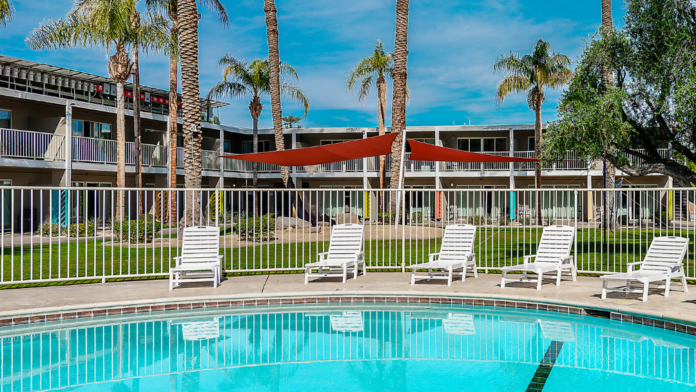
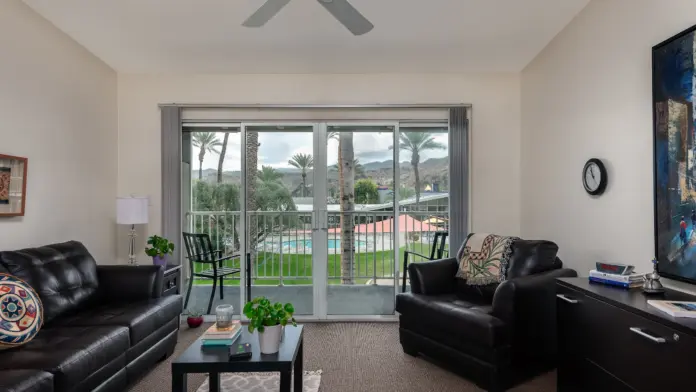
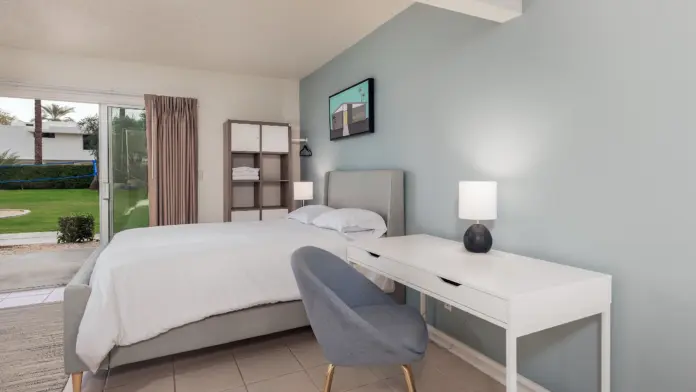
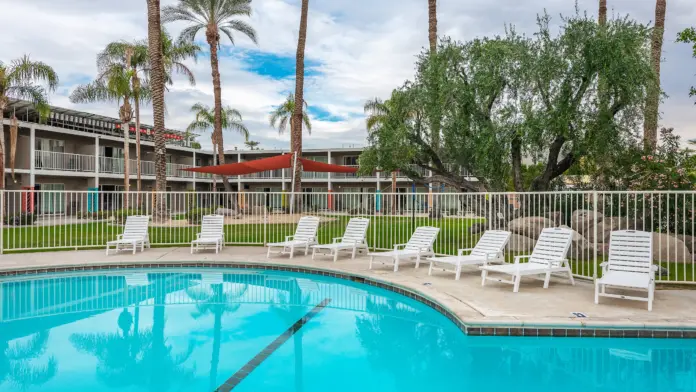
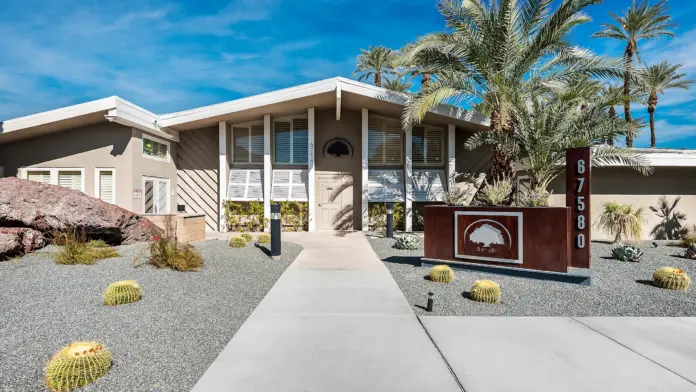
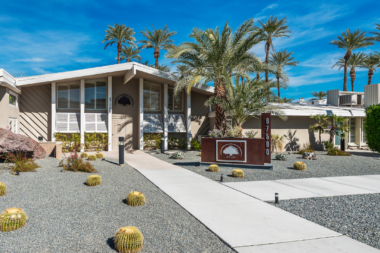
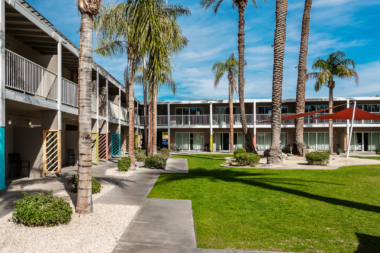
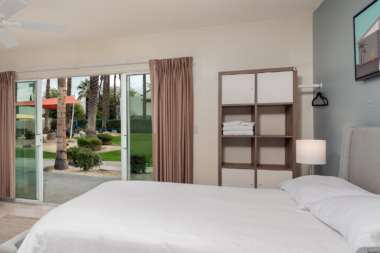
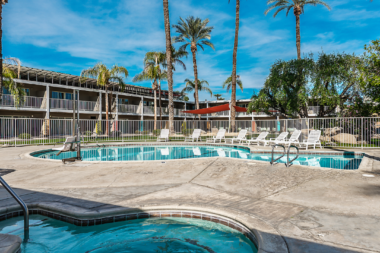
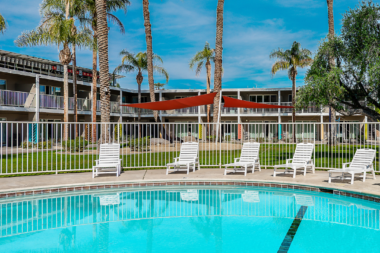

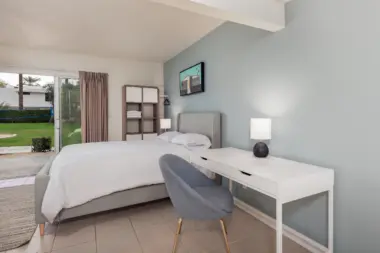
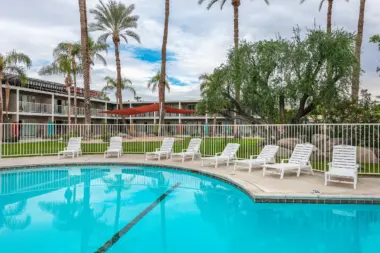
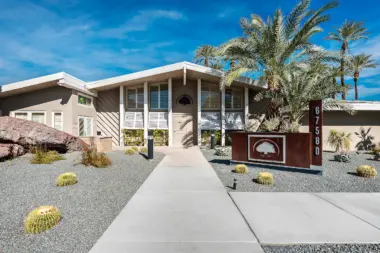
Accepted Insurance








Other Forms of Payment
Private insurance refers to any kind of healthcare coverage that isn't from the state or federal government. This includes individual and family plans offered by an employer or purchased from the Insurance Marketplace. Every plan will have different requirements and out of pocket costs so be sure to get the full details before you start treatment.
Self-pay involves paying for treatment out of your own pocket. You can use savings or credit, get a personal loan, or receive help from family and friends to fund your treatment. If you don't have insurance or your insurance plan doesn't cover a specific program, self-pay can help ensure you still get the care you need.
Military members, veterans, and eligible dependents have access to specific insurance programs that help them get the care they need. TRICARE and VA insurance can help you access low cost or no cost addiction and mental health treatment. Programs that accept military insurance often have targeted treatment focused on the unique challenges military members, veterans, and their families face.
Addiction Treatments
Levels of Care
Detoxing is the vital first step in your recovery journey as your body gets the drugs and alcohol out of your systems and works through the withdrawal process. At this rehab their medical staff will monitor you throughout your detox to make sure you’re safe and will use medications to help you stay as comfortable as possible.
Addiction doesn’t clock out at 5 pm and especially in the early stages of recovery you can be faced with cravings and temptation at any time. That’s why this rehab has several levels of care where there are clinical staff available around the clock and will meet you with support and compassion and expertise whenever you need it.
Intensive inpatient is a treatment level that not every client needs but it varies by circumstances. In this type of treatment you’ll receive intensive addiction treatment with a more attentive level of medical care than you would get in residential treatment. It’s often for people who have finished detox but need continued medical follow up. For longer term inpatient care they have a residential rehab here too. At this rehab you’ll live in a luxury residential setting while benefiting from a rigorous treatment schedule and building a supportive peer community. You’ll have traditional treatment like therapy as well as recreational therapy and entertainment.
Aftercare is ongoing support for your recovery and sobriety. At this rehab they recognize that the recovery journey is never over and they believe in providing the support and expertise you need to maintain your sobriety long term through their aftercare therapy and support groups.
12 step programs are popular structured programs for addiction recovery. You might be familiar with them from AA or NA. This rehab has personalized treatment plans for each person but they can use a 12 step structure if this is the best fit for you and your journey. They have 12 step meetings at the campus and they also encourage you to join 12 step meetings outside the rehab too.
Starting the journey to addiction recovery is a life changing moment but it isn’t always easy and sometimes your loved one needs a strong message to know that it’s time and that you’ll support their recovery. The team at Banyan Palm Springs can help you plan and implement an intervention for your friend or family member to hopefully give them the push they need to get help.
Using telehealth options in California allows you to share health information with your provider via phone call, video chat, or healthcare apps. You can meet with them virtually as well as submit health information online so they can track your progress without having to meet with them in person.
Treatments
Banyan Palm Springs is a luxury rehab for alcohol addiction. They use medications like Vivitrol as well as individual therapy and group therapy and numerous holistic treatments to give you a well rounded addiction recovery. They encourage you to also get involved in an AA 12 step program outside the rehab for ongoing peer support.
This rehab helps with addiction to countless drugs and medications with compassion and respect. They can help with addiction to opioids like heroin and fentanyl. They can also help you overcome addiction to crack or cocaine or meth along with benzos and other prescription medications. Whether you have one primary substance or several they’ll help you free yourself from its control.
Dual diagnosis is the term for having drug or alcohol addiction alongside mental health conditions. These conditions are often intertwined and many people turn to drugs and alcohol to self medicate so strengthening and managing your mental health is vital in recovery. This rehab has mental health experts who can give you the individualized treatment you need.
Opioid addiction can happen to anyone and this drug rehab is here to help you without judgment. They addiction specialists here can treat both the physical and mental aspects of addiction to help you recover and develop the skills and wellness you need to stay sober long term.
In California, dual-diagnosis addiction treatment programs offer comprehensive care for individuals with co-occurring mental health and substance use disorders. Programs include medically assisted detox, intensive outpatient, outpatient, residential rehab, and partial hospitalization. Using an evidence-based approach, clinicians utilize therapies like cognitive behavioral therapy, or dialectical behavioral therapy and mindfulness to address substance use disorders and co-occurring mental health challenges. Additional services include 12-Step recovery, group therapy, family counseling, and relapse prevention to promote sustained recovery.
In California, substance abuse treatment programs can help individuals with any type of substance use disorders and co-occurring conditions. These rehab programs typically encompass various levels of care, including medically assisted detox, intensive outpatient, outpatient, residential rehab, and partial hospitalization. You can expect clinicians to utilize evidence-based therapies like cognitive behavioral therapy (CBT), dialectical behavioral therapy (DBT), and mindfulness to help you achieve and sustain your recovery. The rehab's clinical team can provide a comprehensive assessment to determine the appropriate level of care and medical support you may need.
Programs
Banyan Palm Springs has addiction rehab programs for adults. Most of the clients here are between 25 and 35 years old. They do have a program for older adults too though called Mature and Mindful which centers around group therapy and peer support for seniors.
LGBTQ+ clients can feel welcome and respected at this Palm Springs rehab. They serve people of all gender identities and sexual orientations and can help you work through the addiction related issues that are specific to people in the LGBTQ+ community.
In addiction rehab young adults are typically defined as people ages 18 to 25. In this age group your needs for recovery might be different than an adult in their 40s for example and you may also be more comfortable around others in your age range. The young adult treatment program here provides the age specific treatment and life skills that will empower your recovery.
Clinical Services
Cognitive Behavioral Therapy (CBT) is a therapy modality that focuses on the relationship between one's thoughts, feelings, and behaviors. It is used to establish and allow for healthy responses to thoughts and feelings (instead of unhealthy responses, like using drugs or alcohol). CBT has been proven effective for recovering addicts of all kinds, and is used to strengthen a patient's own self-awareness and ability to self-regulate. CBT allows individuals to monitor their own emotional state, become more adept at communicating with others, and manage stress without needing to engage in substance abuse.
The goal of couples therapy in California is to strengthen the couple's relationship. The therapist may take one or more approaches to counseling which may include the Gottman method, emotionally focused therapy, behavioral therapy, and psychodynamic couple's therapy.
Creativity is inherently healing, and can help those in recovery express thoughts or feelings they might not otherwise be able to. Creative arts therapy can include music, poetry/writing, painting, sculpting, dance, theater, sandplay, and more. Unlike traditional art, the final product matters far less than the experience of creation and expression itself.
Dialectical Behavior Therapy (DBT) is a modified form of Cognitive Behavioral Therapy (CBT), a treatment designed to help people understand and ultimately affect the relationship between their thoughts, feelings, and behaviors. DBT is often used for individuals who struggle with self-harm behaviors, such as self-mutilation (cutting) and suicidal thoughts, urges, or attempts. It has been proven clinically effective for those who struggle with out-of-control emotions and mental health illnesses like Borderline Personality Disorder.
Equine therapy, aka equine-assisted therapy (EAT), is a form of experiential therapy that involves interactions and activities with horses. It does not necessarily involve riding horses, but all activities related to horses, such as feeding, grooming, haltering and leading them. A mental health professional frequently oversees the activities (often in conjunction with a horse professional), and helps patients process their thoughts, feelings, and behavior patterns during and/or after the interaction.
Experiential therapy is a form of therapy in which clients are encouraged to surface and work through subconscious issues by engaging in real-time experiences. Experiential therapy departs from traditional talk therapy by involving the body, and having clients engage in activities, movements, and physical and emotional expression. This can involve role-play or using props (which can include other people). Experiential therapy can help people process trauma, memories, and emotion quickly, deeply, and in a lasting fashion, leading to substantial and impactful healing.
EMDR is a therapeutic modality originally developed to help process trauma. In an EMDR session, a patient is prompted to undergo eye movements that mimic those of REM sleep. This is accomplished by watching a therapist's finger move back and forth across, or following a bar of light. The goal is repetitive sets of eye movements that help the brain reprocess memory, which can significantly reduce the intensity of remembered traumatic incidents. Associated memories can heal simultaneously, leaving patients significantly calmer, more stable, and more emotionally relaxed.
Each patient will meet regularly with a family therapist who is trained in Community Reinforcement Approach and Family Training (CRAFT) and will conduct family therapy sessions that include loved ones in order to begin to recover damaged relationships and foster healthy communication. Once a month, families of patients are invited to Desert Palms's Family Weekend. Over the course of the weekend, families will learn about the disease of addiction and its effects on the brain and body followed by an explanation of how treatment is handled at Desert Palms by our clinical staff. Families can begin thinking about an aftercare plan for their loved ones, as well as their role in recovery in order to give them the best chance of staying sober after leaving treatment. On the last day, the patients join their families to participate in healthy communication exercises.
Group therapy is any therapeutic work that happens in a group (not one-on-one). There are a number of different group therapy modalities, including support groups, experiential therapy, psycho-education, and more. Group therapy involves treatment as well as processing interaction between group members.
In individual therapy, a patient meets one-on-one with a trained psychologist or counselor. Therapy is a pivotal part of effective substance abuse treatment, as it often covers root causes of addiction, including challenges faced by the patient in their social, family, and work/school life.
Life skills trainings involve all the skills a person must have in order to function successfully in the world. These include time management, career guidance, money management, and effective communication. Truly successful addiction recovery is based on the ability to not only live substance-free, but to thrive. Life skills teaches the practical necessities of functioning in society, which sets clients up for success in life, and therefore sobriety.
Motivational Interviewing (MI) is a clinical approach to helping people with substance abuse issues and other conditions shift behavior in positive ways. It is more goal-oriented than traditional psychotherapy, as MI counselors directly attempt to get clients to consider making behavioral change (rather than wait for them to come to conclusions themselves). Its primary purpose is to resolve ambivalence and help clients become able to make healthy choices freely.
Nicotine Replacement Therapy (NRT) is a way of getting nicotine into the bloodstream without smoking. It uses products that supply low doses of nicotine to help people stop smoking. The goal of therapy is to cut down on cravings for nicotine and ease the symptoms of nicotine withdrawal.
Nutrition therapy, aka medical nutrition therapy (MNT), is a way of treating physical, emotional, and medical conditions through diet. Specific dietary plans are designed by professional nutritionists or registered dietitians, and patients follow them in order to positively affect their physical and mental health.
Rational Behavior Therapy (RBT) is a form of cognitive behavioral therapy meant to be short-term and comprehensive. It was intended to help clients become more self-sufficent and move forward without the need for expensive, ongoing therapy. It includes an emotional self-help method called “rational self-counseling,” the purpose of which is to give clients all the skills needed to handle future emotional issues by themselves, or with significantly less professional help.
Recreational therapy (aka therapeutic recreation) uses creative and fun activities to help with addiction recovery. Recreational therapists lead patients in entertaining and engaging activities like sports or games; art (drawing, painting, sculpture); drama, music, and dance; and/or community outings (field trips) to improve patients' physical, social, and emotional well-being.
Trauma therapy addresses traumatic incidents from a client's past that are likely affecting their present-day experience. Trauma is often one of the primary triggers and potential causes of addiction, and can stem from child sexual abuse, domestic violence, having a parent with a mental illness, losing one or both parents at a young age, teenage or adult sexual assault, or any number of other factors. The purpose of trauma therapy is to allow a patient to process trauma and move through and past it, with the help of trained and compassionate mental health professionals.
Amenities
-
Private Transportation
-
Gym
-
Wifi
-
Residential Setting
-
Private Rooms
-
Hiking
-
Gardens
Staff & Accreditations
Staff
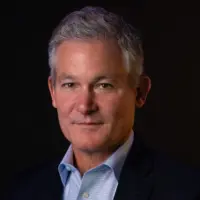
John Sory
CEO

Michael Evanoff
CFO
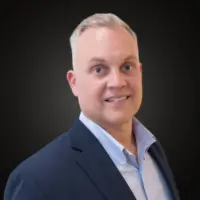
Bryan Gregory
COO

Darrin Mangiacarne
CMO
Accreditations

The Joint Commission, formerly known as JCAHO, is a nonprofit organization that accredits rehab organizations and programs. Founded in 1951, the Joint Commision's mission is to improve the quality of patient care and demonstrating the quality of patient care.
Joint Commission Accreditation: Yes
Accreditation Number: 604102

The National Association of Addiction Treatment Providers (NAATP) is a professional association that represents organizations in the field of addiction services. Founded in 1978, NAATP's mission is to advance addiction services and ensure that high-quality addiction treatment is available and accessible.
NAATP Member: Yes

LegitScript has reviewed Banyan Palm Springs as part of their certification program, and has determined that it meets the LegitScript standards for legality, safety and transparency.
LegitScript verified in

The Substance Abuse and Mental Health Services Administration (SAMHSA) is a branch of the U.S. Department of Health and Human Services. Established in 1992 by congress, SAMHSA's mission is to reduce the impact of substance abuse and mental illness on American's communities.
SAMHSA Listed: Yes
